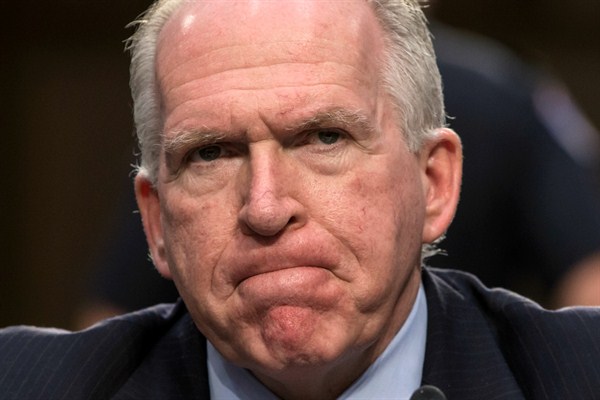In 1992, the U.S. Army War College’s journal Parameters published a provocative article entitled “The Origins of the American Military Coup of 2012,” which critiqued the state of U.S. civil-military relations by imagining a fictional future military takeover of the government. The premise was that political leaders had essentially provoked the military to intervene in the political system by failing to respect their professionalism. The article caused a stir in part because its author, Charles Dunlap, was a serving U.S. Air Force lawyer, but mostly because the idea of a military intervention in the American political system was so inconceivable. Coups happened in other countries, but not in the United States.
It is true that American civil-military relations normally have been cordial. The military unquestioningly accepts the civilian control of the military codified in the Constitution. And—again normally—civilian political leaders respect the military’s apolitical professionalism and go to great lengths to avoid politicizing the armed forces.
The problem is that this arrangement is based largely on norms and traditions. But today, Donald Trump is the biggest norm- and tradition-buster in the history of the American presidency. While this has not yet created an outright crisis in civil-military relations, it has created the potential for one, raising difficult, uncomfortable questions and demonstrating the inherent fragility of the system.

